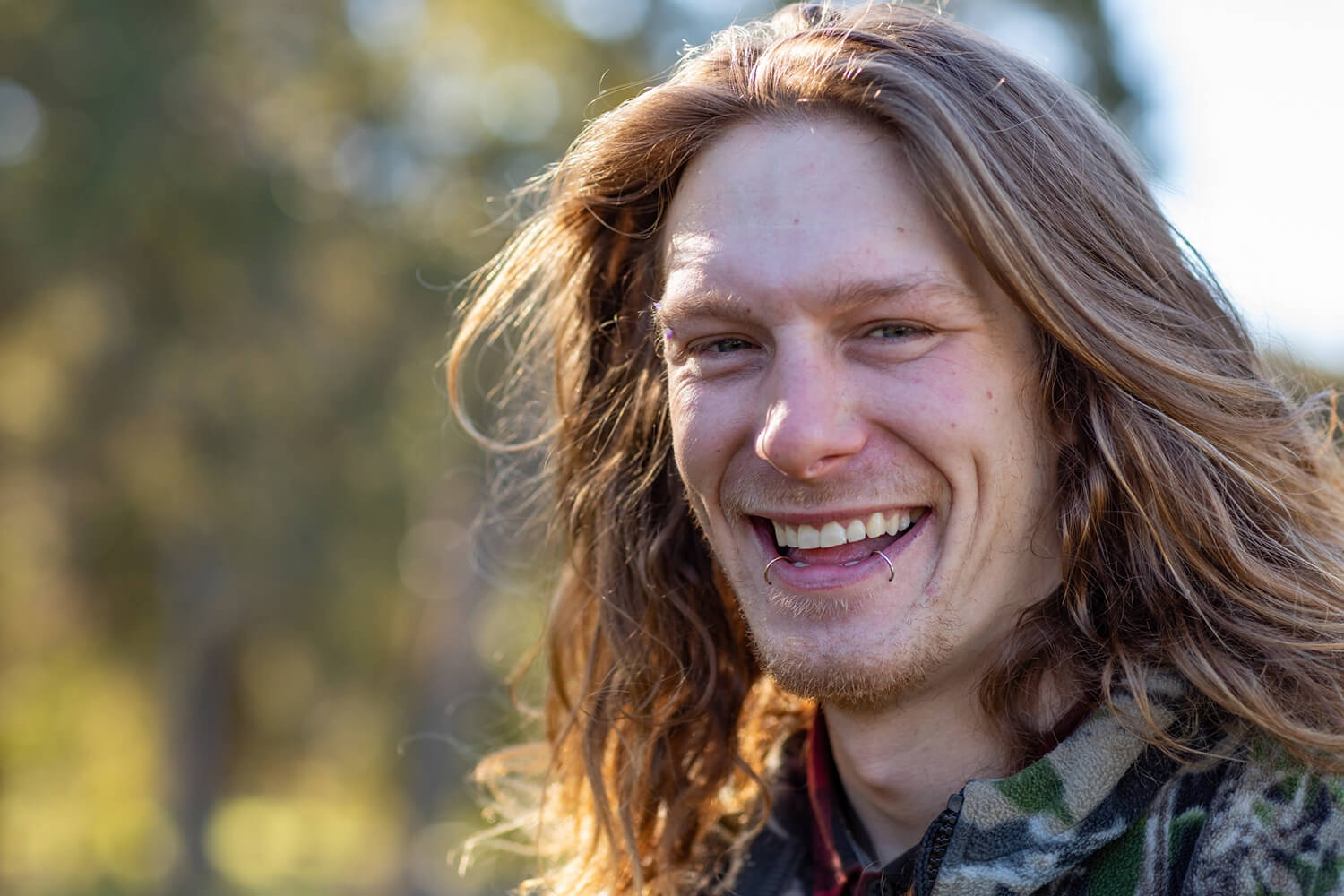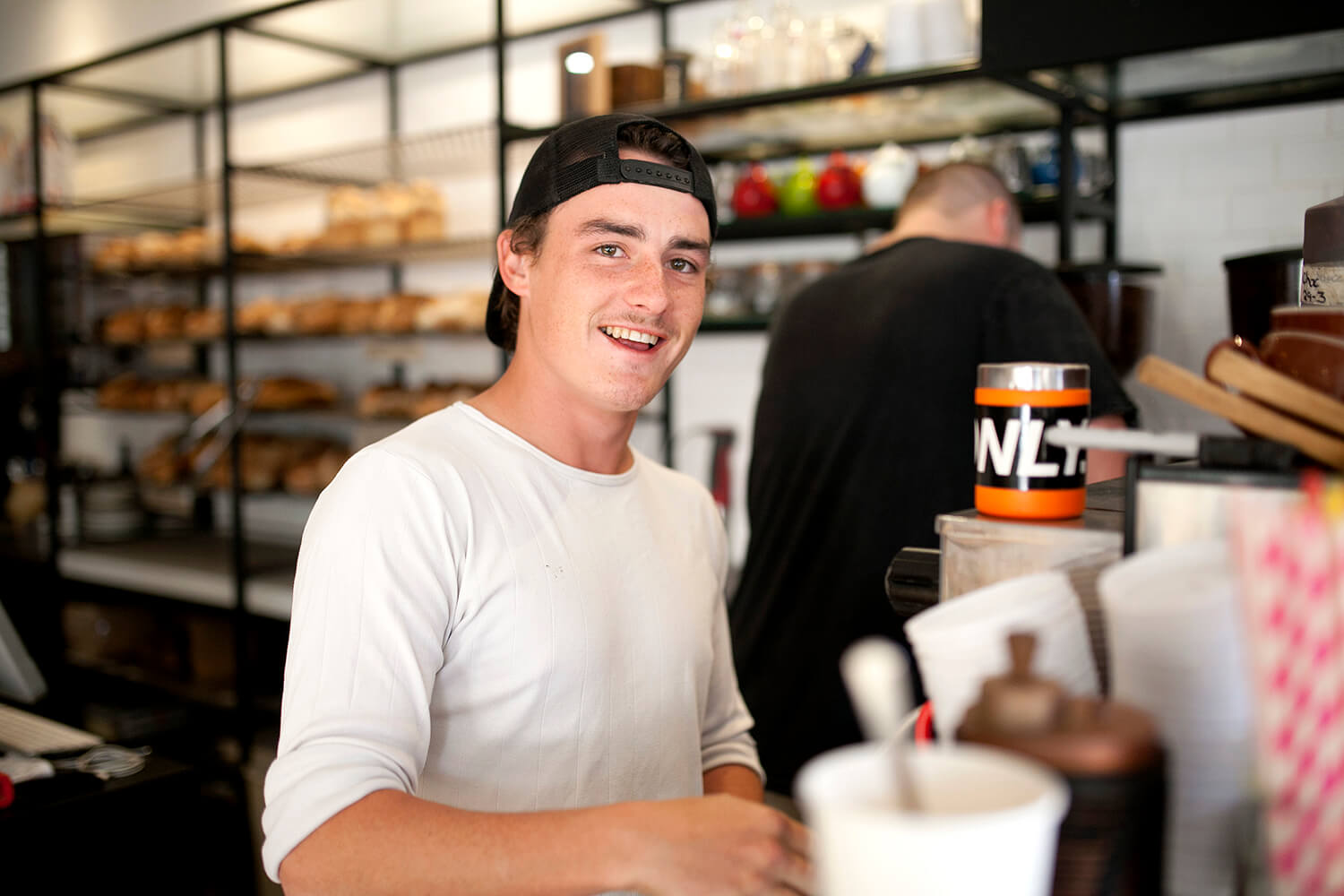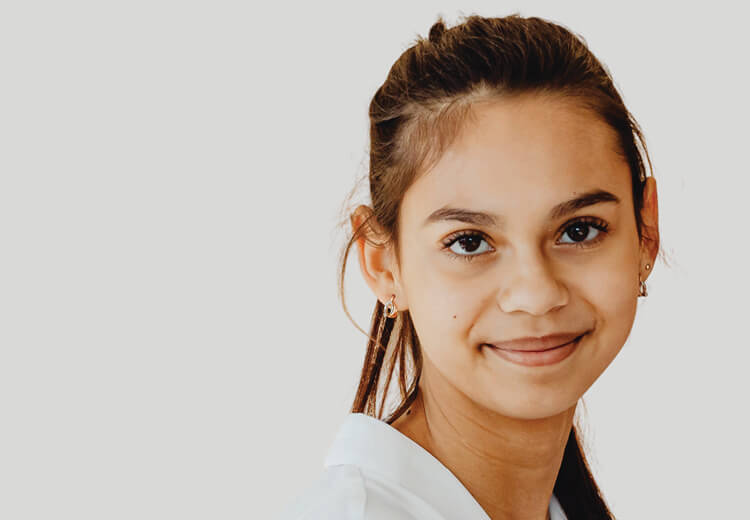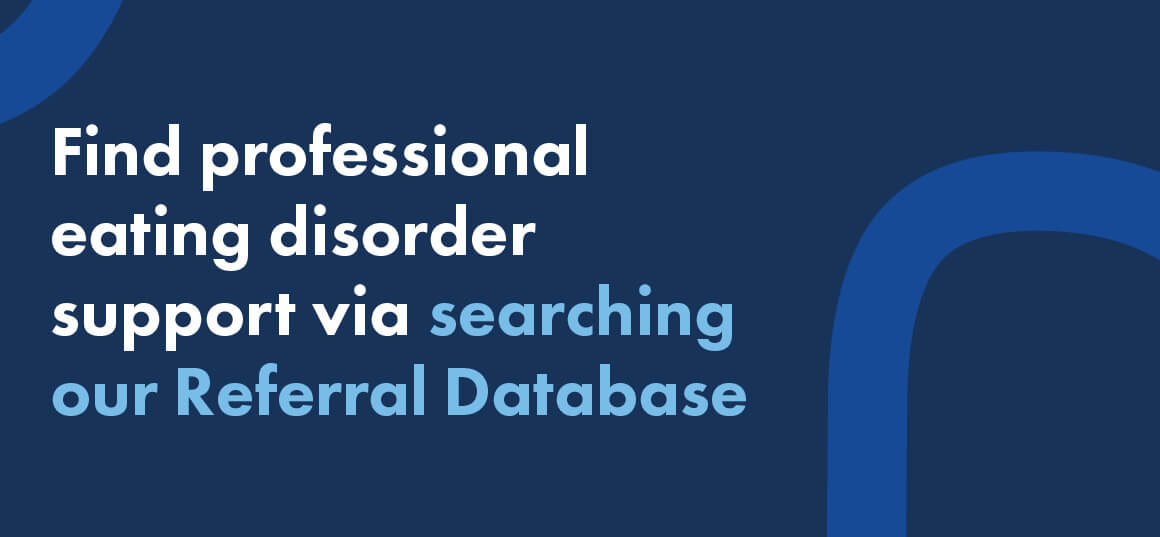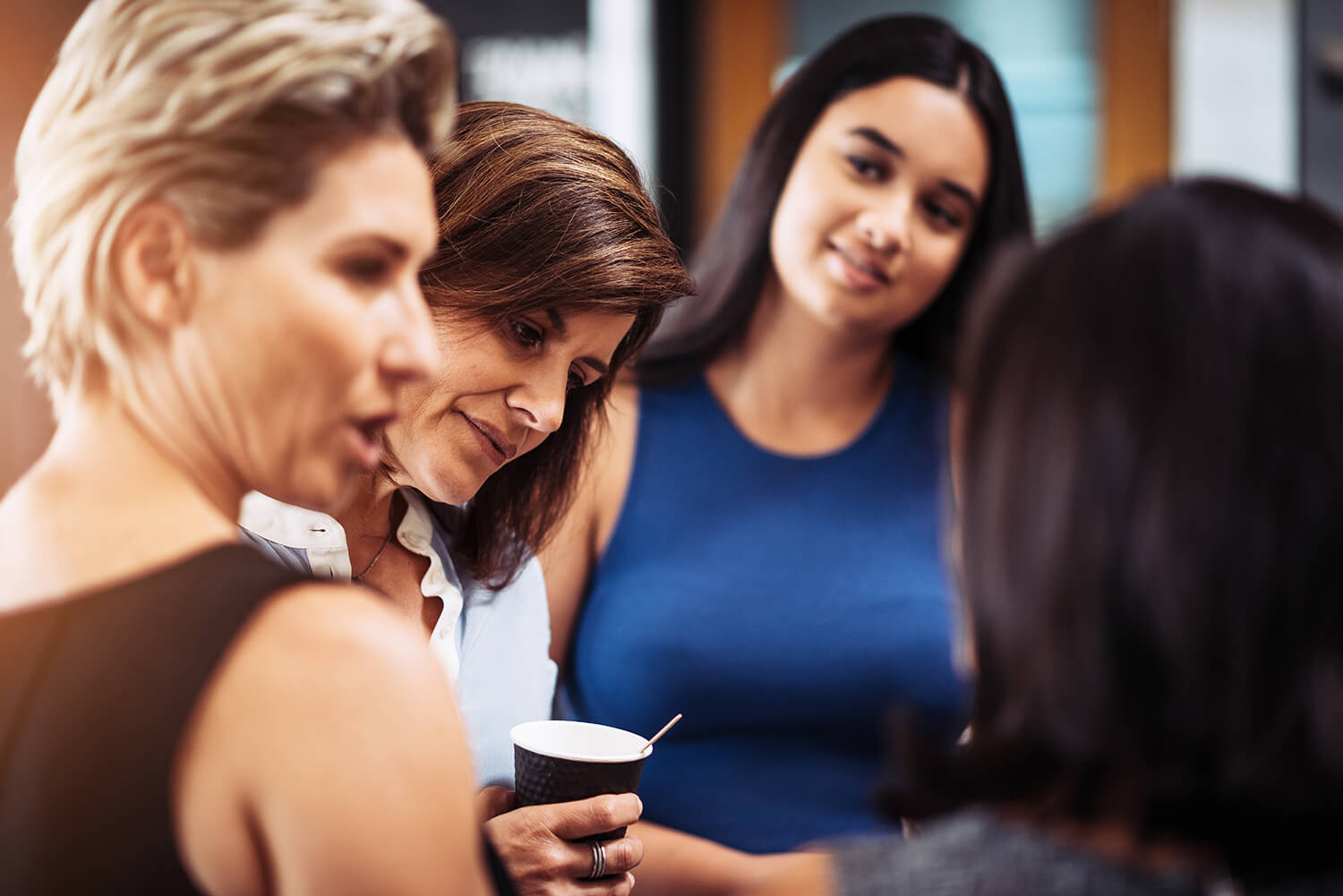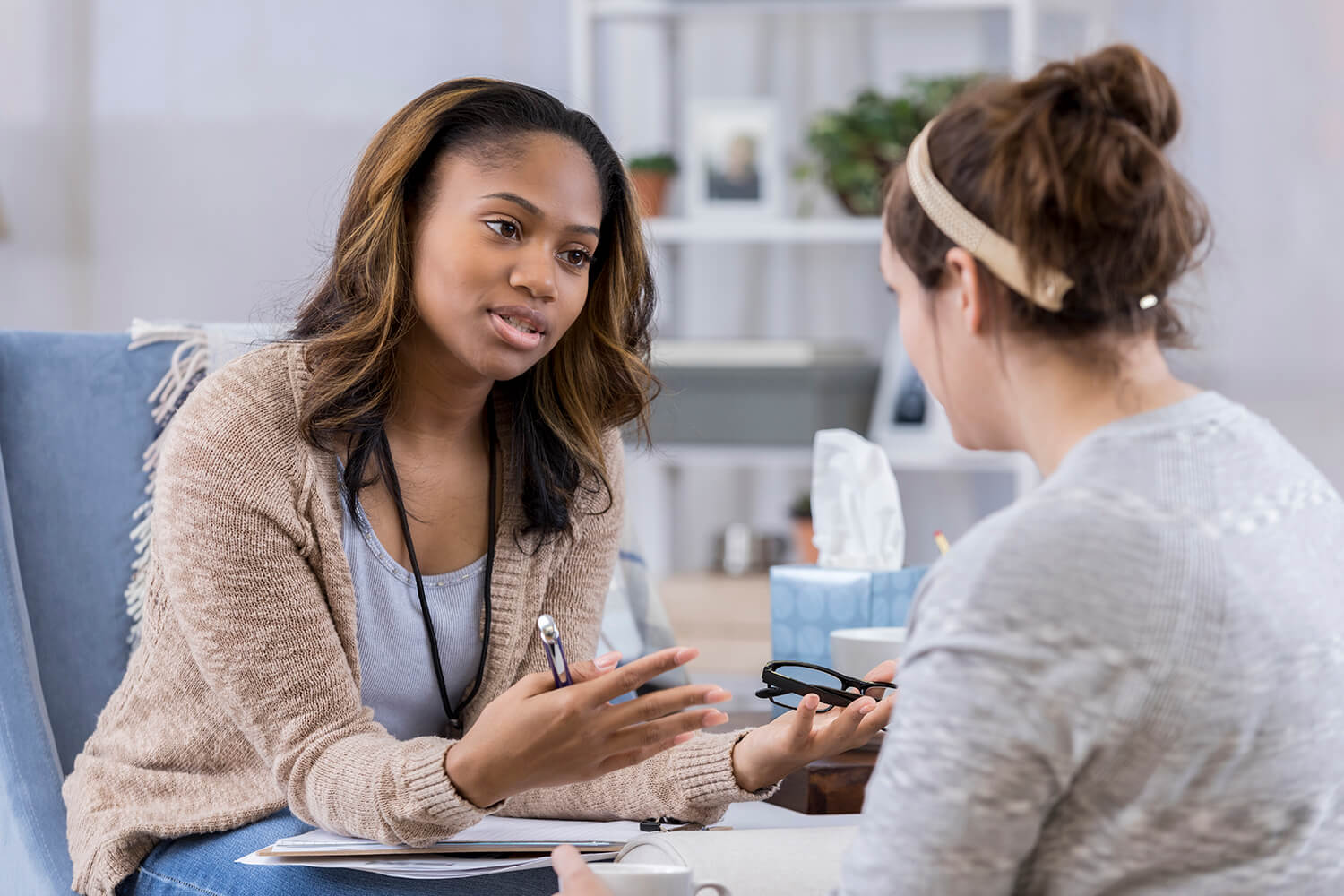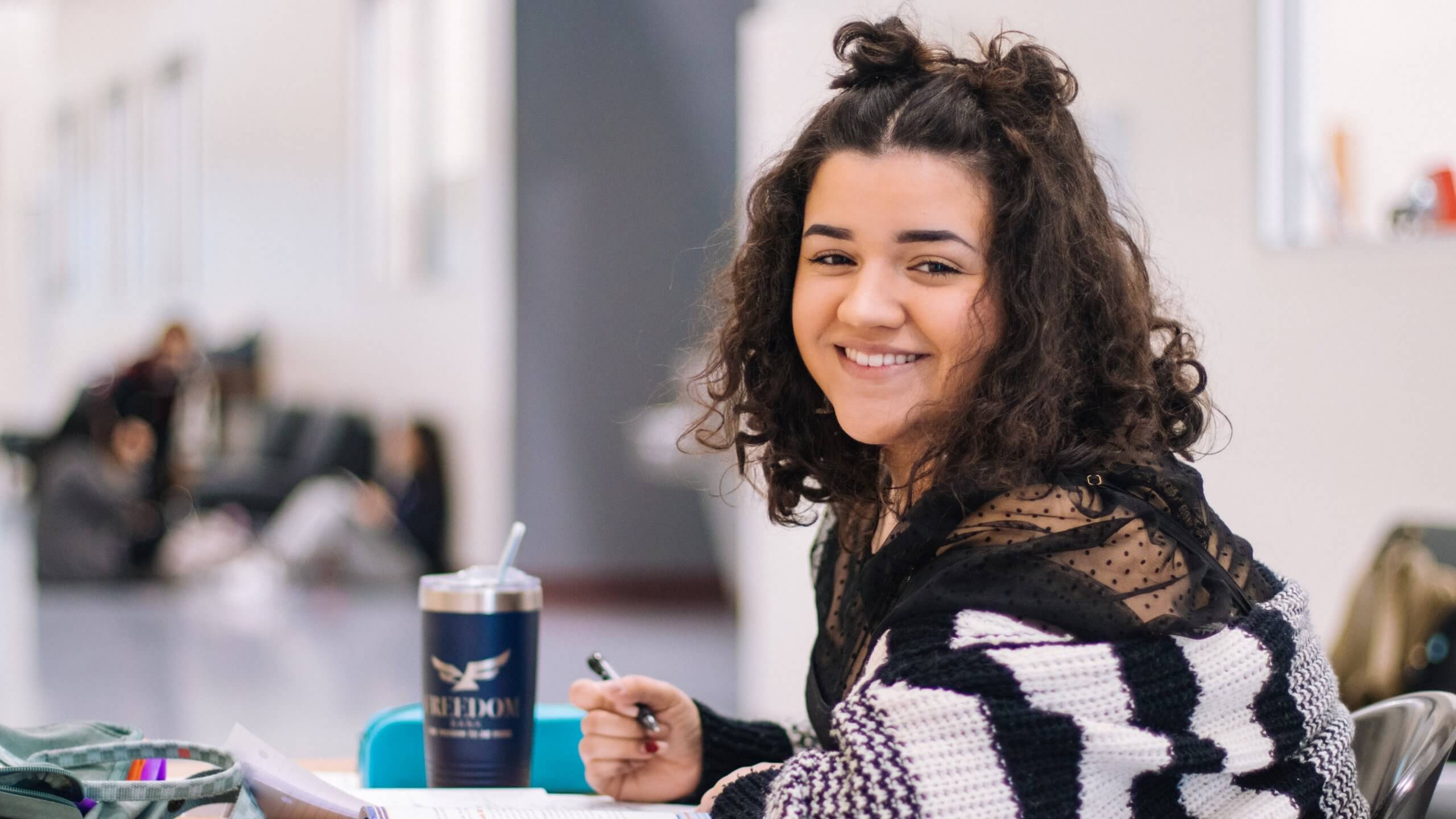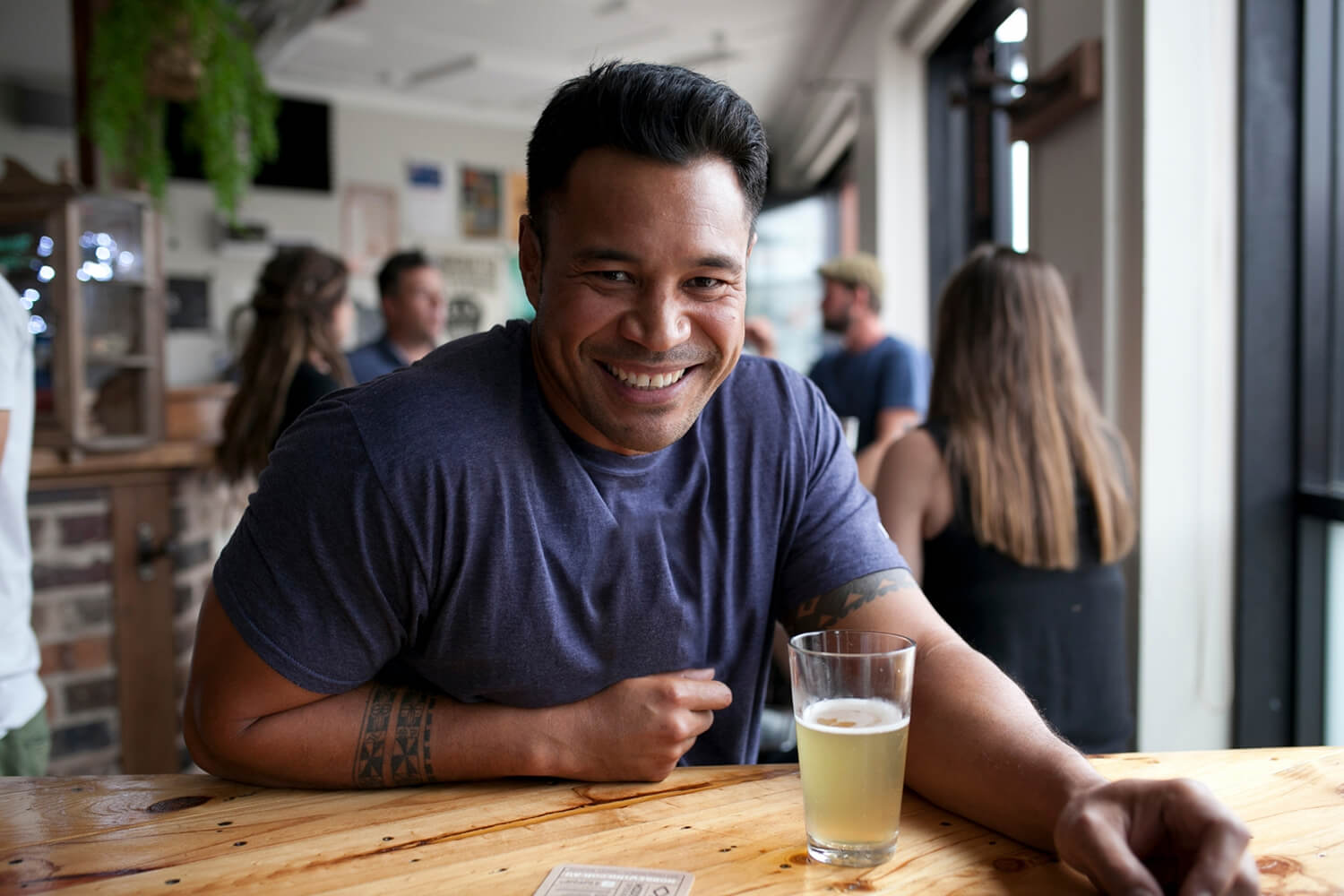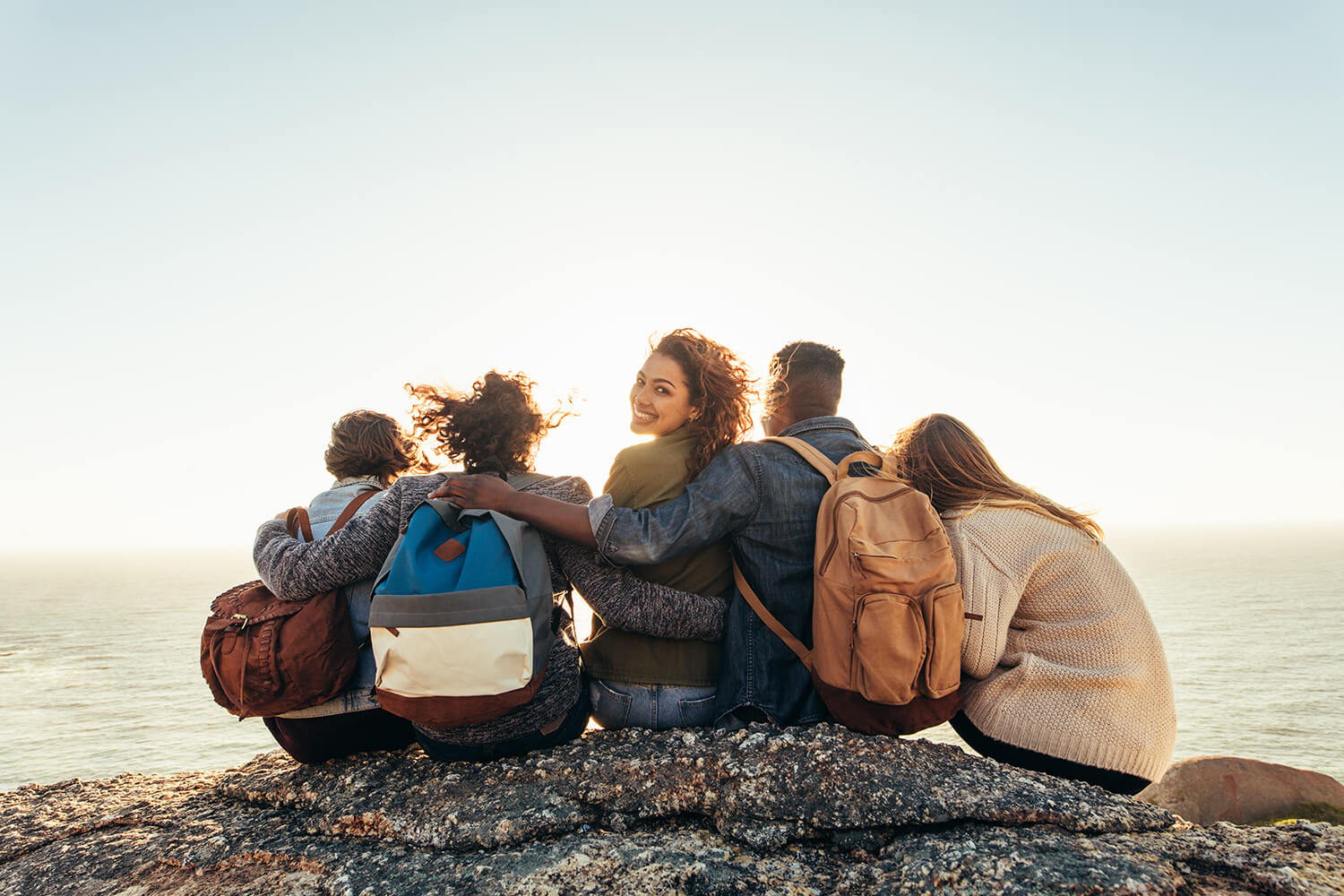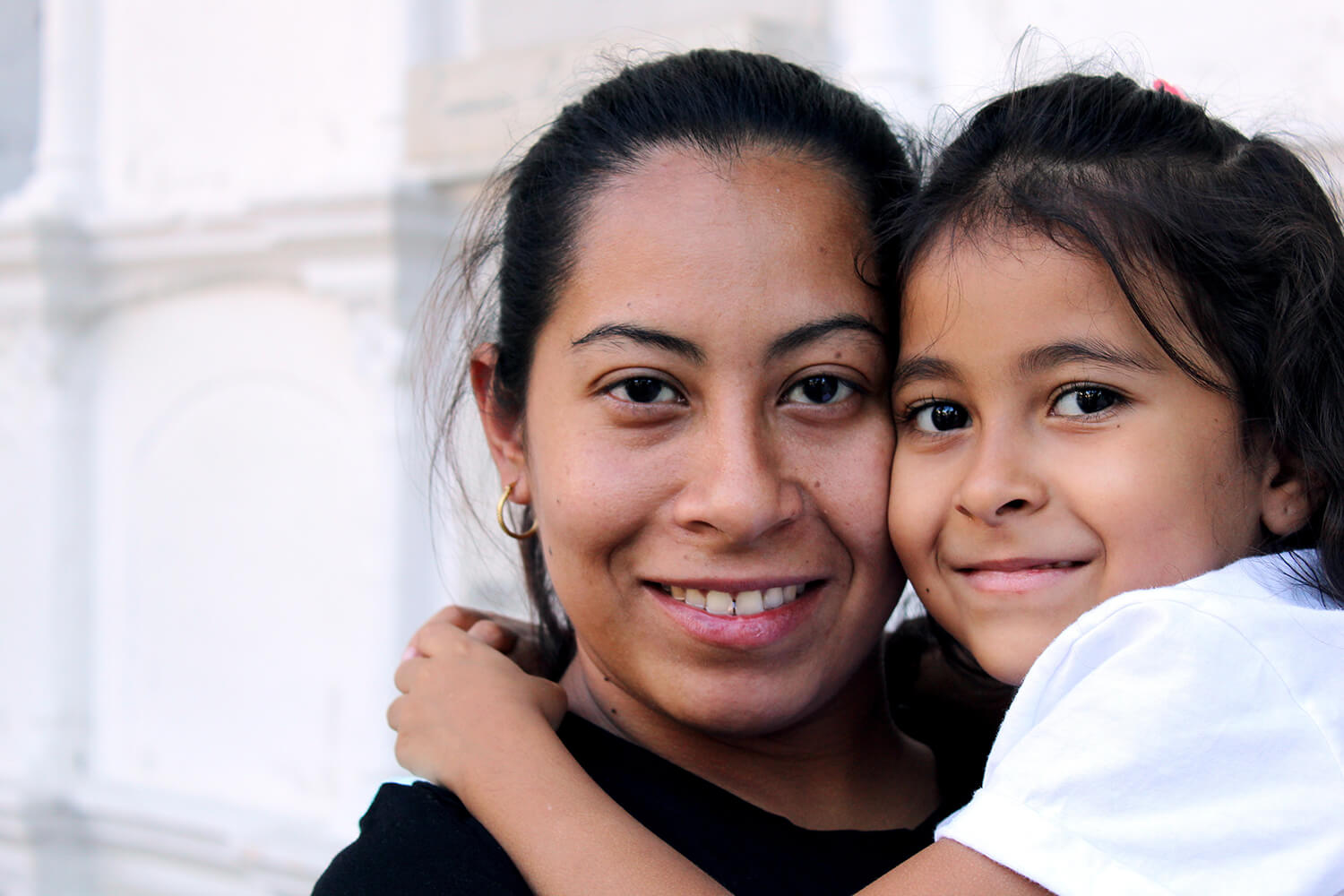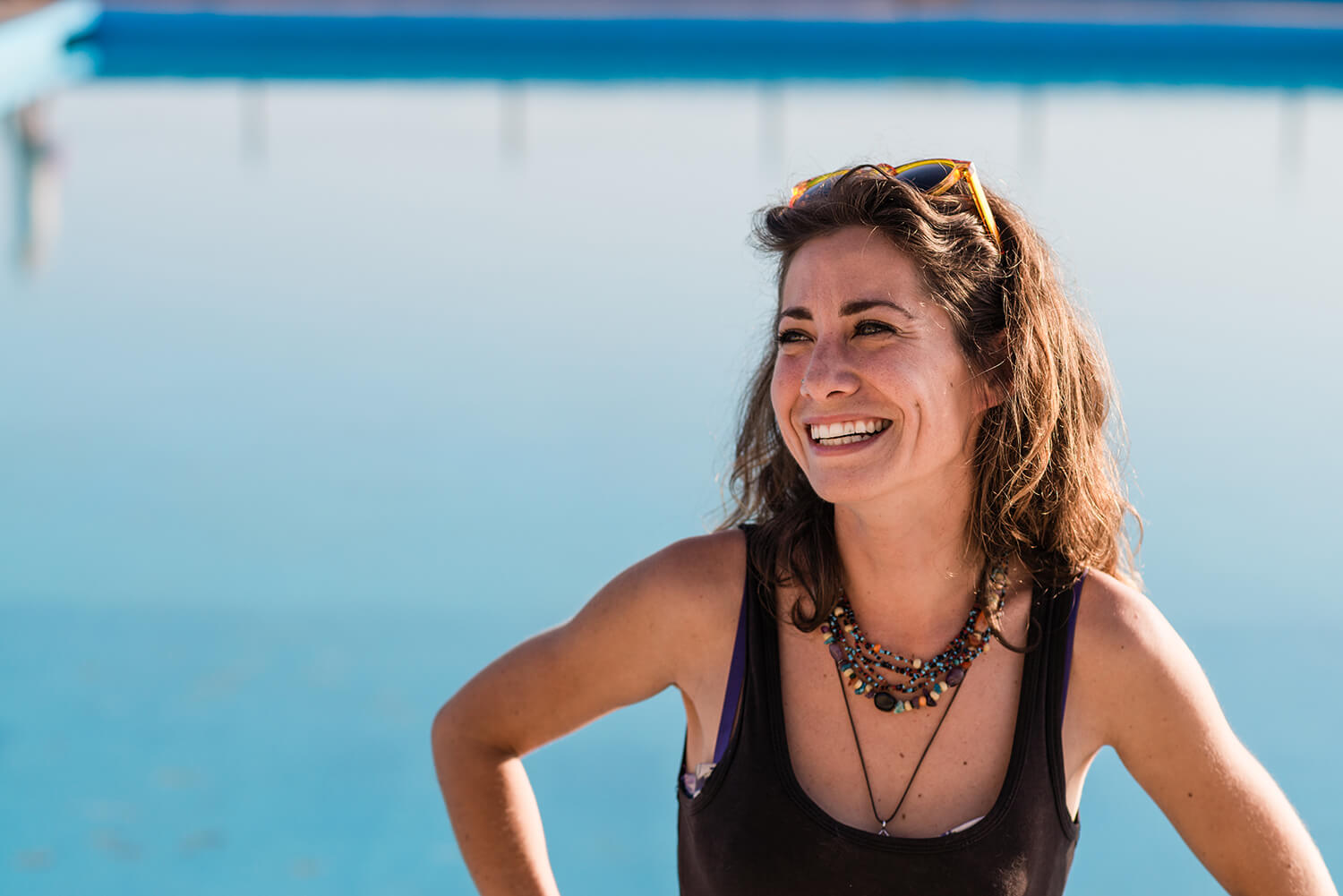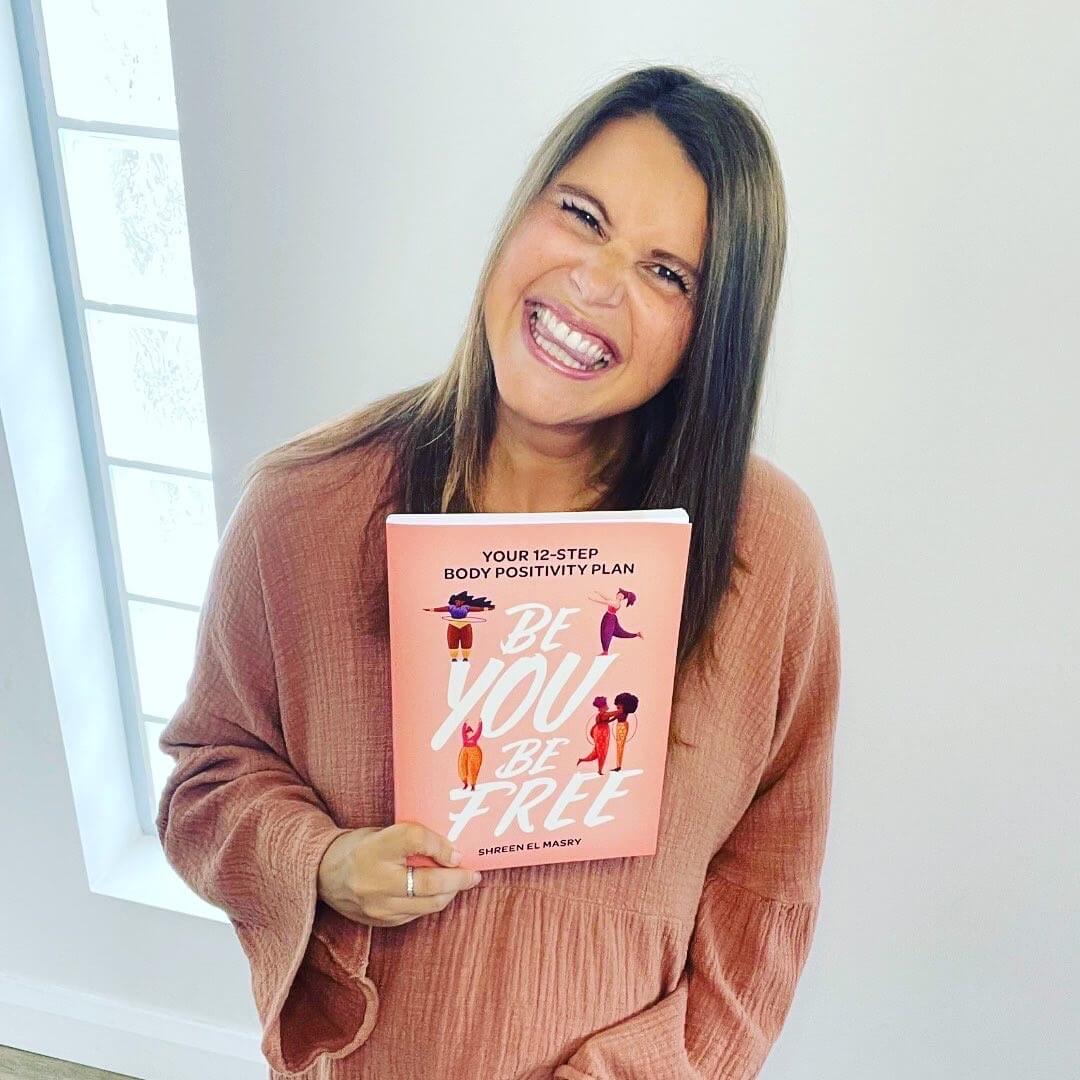Sharing your lived experience safely
Thinking of beginning to share your lived experience of an eating disorder to have a positive impact?
Sharing your experiences to educate others, or advocate for change, requires the ability to share your perspectives in a safe and impactful way. It can be hard to know where to start, whether you are finding the courage to share in front of your family, or whether you are looking to share your perspective more broadly at a structural level.
Our lived experience community including our Butterfly Collective members and Pathfinders have provided some advice about what to think about when first sharing your experiences, and how to share safely to look out for yourself and others.
Where do I start?
- “Every journey and healing experience is unique – and there is no one or ‘right’ way to heal. Be kind and compassionate with yourself, including for how you choose to share your experiences. Share in your own time and at your own pace. No one is entitled to some parts of your story unless you choose to share them, you can always choose to share or not share, and this can change at different times. Keep checking in with yourself. Sometimes people react differently when you share your experiences- sometimes people react with silence, because they are processing, and this doesn’t mean they don’t care or didn’t hear you or weren’t deeply affected. Some people may want to come up to you and share their own experiences, and you may feel overwhelmed by some of the stories. Having a self-compassion or care plan and support person to contact for after you share your story can be a good way to make sure you can take care of yourself, particularly if you experience a delayed emotional reaction or a strong sense of vulnerability starts afterwards. You should also celebrate! You’re doing something brave that’s an important part of mental health work and you should be very proud of yourself!” -Rosiel, they/them , 32, QLD
Check in with your own recovery first
- “Make sure you know where you are at in your own recovery and are able to tolerate misunderstanding and negative comments. Be cautious with who you choose to share your lived experience with until you know how to share it to different audiences, not everyone needs or deserves your story” -Rachel, she/her, 34, WA
- “Good on you! Take a step back and think how far you’ve come. Did you ever imagine you would be here today? You are so strong and you can help others brave some really hard times. You just need to make sure that through it all, you are your first priority. Check in with yourself regularly. Talk to someone if you need it. Reaching out to others when you need it takes strength, not weakness.” Melissa, she/her, 25, NSW
- “Being a lived experience educator and advocate is extremely rewarding but it is also very draining. Our job uses a lot of emotional energy/bandwidth so it’s important to reflect often to see if what we are doing is affecting our general wellbeing. Find ways to process, rely on your supportive network and peers, always ask for help and advice. The more we communicate our needs, the stronger we become.” Simone, she/her, 33, VIC
Think about your motivations
- “Think about your ‘why’. What do you want to achieve by sharing your story? I remind myself that I want a better world for my daughter and other children. This gives me the confidence to share.” – Breanne, she/her, VIC, 34
- “While it is hard in the early stages of recovery, try not to share numbers with other people recovering! We can have a safe space together. There is so much strength in reclaiming your eating disorder, and you are such a strong person for informing the people around you of your experience. This is inspiring. In increasing awareness, educating others, and advocating for change, you are transforming this trauma into a superpower – and that is truly wonderful.” -Ruben, he/him, 19, TAS
- “Remember that you are in charge of what and how much you share. Just because you speak about one thing with one person, doesn’t mean that you have to share the same thing with another person if you’re not feeling like it’s a safe space to do so. Your stories are yours, it is a privilege of others to hear it.” -Caitlin, she/her, 29, VIC.
“Be bold, be brave and start talking – regardless of what it is or how much/little you believe it will help. It helps, someone one out there will resonate and if you touch that one person – it won’t be too late.” – Kelly, he/him, 46, NSW
Start with your trusted support networks
- “From my personal experience, opening up to family and loved ones from who I had hidden SO much was liberating and made the recovery process ‘official’ and ‘read’. When starting to share, be firm in knowing that you (Healthy Self) is reflecting on prior Eating Disorder self/the ego in order to help others to realise they perhaps aren’t as alone or ‘strange’ as they might think. “ – Alina, she/her, 33, ACT
- “Start by sharing with people you feel confident will respond positively.” -Elise, she/her, 29, NSW
- “Educate yourself first, find a safe and supportive organisation that you trust, either by word of mouth or your own gut instinct. It is so important, I think, to educate yourself first, so that we don’t add to the ignorance and stigmatisation that is very prevalent in today’s society.” – Donna, she/her, NSW, 54
- “Sharing your story is confronting, it comes with the uncertainty of judgement from others. But it’s not about them, it’s about you. This is a moment for you to feel at peace and advocate that your eating disorder is not your identity, it’s a chapter of your life. You get to write the story for yourself and help write the stories to help others.” -Imogen, she/her, 17, NSW
How can I share safely?
Eating disorders and recovery are complex, and every individual will have their own unique experience. It’s incredibly important to share your lived experience in a safe manner that does not jeopardise the safety of those reading about your experiences, but also does not compromise your own recovery. Here are some tips from our lived experience community on how to share safely:
Ensure you are prepared
- “Speak to others who have done it before and have learnt lessons. Know and educate yourself on what harm can be done by sharing raw details and potential triggers.” -Rachel, she/her, 34, WA
- “Safe for me, safe for others”. Before sharing your lived experience check in with yourself and ask “do I feel safe sharing this?” Am I far enough in my recovery or far away enough from the story I want to share that I will not re-traumatize myself? Am I going to be ok if the people I’m sharing with do not respond in a gentle, positive way? Does what I want to share have purpose to the conversation/topic? When you can answer yes to these questions you will be able to educate and advocate for others while minimizing any potential setbacks in your own recovery. Sharing your lived experience is such a powerful tool because it’s extremely personal, so finding ways to share as safely as possible is imperative.” Simone, she/her, 33, VIC
Remember your ‘why’
- “You should only share what you are comfortable sharing. Always keep in mind, WHY you are sharing your experience. The reasons may be individualised, however, I think that there is a common goal for all of us. If you are taking precious time to share your experiences, just know that you are not alone, there will always be support from amazing organisations, like The Butterfly Foundation, for you to access.” Donna, she/her, NSW, 54
“Never forget the reason you are being vulnerable and sharing your story. Sometimes it is hard. Sometimes thinking about your experiences, digs up memories you buried long ago and forgot about. It’s times like this that make me realise how much I went through and reinforces the importance of trying to prevent others from having to experience the same fate. If others can learn from it, then that experience, as negative and hurtful as it was, is ultimately going to do some good.” Melissa, she/her, 25, NSW
- “I know that the information I share with one person isn’t the same information that I have to share with another. I am in control of what I share and who I share it with and if I’m not having a mentally well day or I’m feeling a bit shaky, I know I can step back. I am no good to others if I’m not good to myself.” Caitlin, she/her, 29, VIC
- “Be honest, be vulnerable. Telling your story gives yourself clarity and reassurance that you are not okay, but not only are you helping yourself heal your allowing someone else to finally feel heard and understood. Fight for what you know is right, remove the stigma and educate your family and friends that are so deeply in with the social acceptable look. We need change and the only way we can get it as standing up as a collective and making our story’s heard and shed light on the real problems that come with eating disorders” Imogen, she/her, 17, NSW.
Lean on your support networks
- “At first be sure you feel safe and supported by the people you are sharing with. Take your time, there is no rush. Remember to always be compassionate, especially to yourself.” –Ruben, he/him, 19, TAS
- “It’s very important to practice self-care and have a support network around you to manage some of the distress that advocacy work may cause.” Elise, she/her, 29, NSW
- “I will always make sure I am mentally doing okay before sharing and having someone I can talk to afterwards that can provide support” Isabelle, she/her, QLD, 18.
In summary
- Share with a purpose and ask yourself WHY you are sharing.
- You have the agency to choose what to share in your story, what not to share as well as the choice regarding who gets to hear your story. You do not have to share your lived experience with others if you don’t feel comfortable.
- Check in with yourself before sharing to see how you are feeling. Make sure that you are in a good place with your recovery.
- Have someone that you can check in with or call to debrief with after sharing your lived experience. This could be informal like a friend or family member, or formal like an organisation contact. Have a support network around you who understands the work you are involved in and who can help manage the stress that can sometimes come from being a lived experience advocate.
- Listen and learn from other lived experience advocates to educate yourself on safe language and ensure that you are not causing harm or adding to current stigma around eating disorders.
- Treat yourself with kindness and compassion when sharing and have a care plan for how you will look after yourself.
- Remember how inspiring hearing your story could be for just one person. Your story is so worthy and is having an impact by increasing awareness and reducing the stigma of eating disorders.
Helpful resources that provide education on safe sharing and language
- Communicating about mental-ill-health
- Guidelines for communicating about eating disorders to promote awareness and decrease stigma
Ready to get started?
Lived experience of eating disorders and body image concerns lies at the heart of Butterfly’s work as it connects us to our origins and the communities we serve. By drawing upon lived experience wisdom and embedding it across all our work, we can ensure that our advocacy work, programs, projects, and services represent the diverse nature of our community and their needs.
Join Butterfly’s Lived Experience Network, the Butterfly Collective, and share your lived experience to help change the way Australia thinks about eating disorders. You could also help someone on their own recovery journey.




